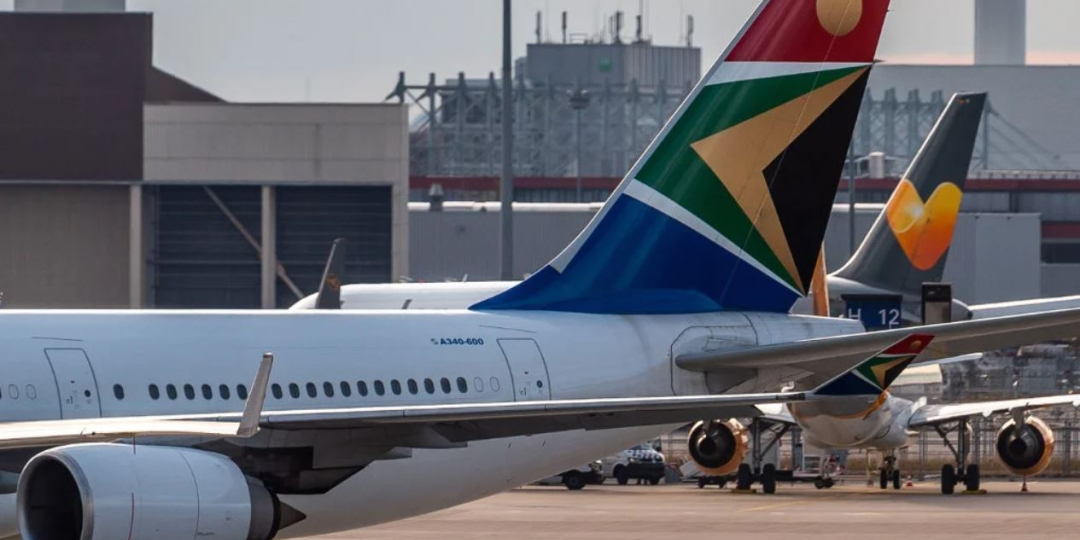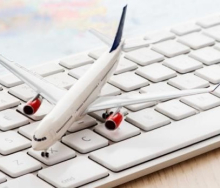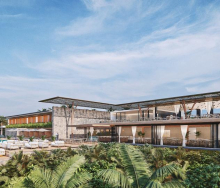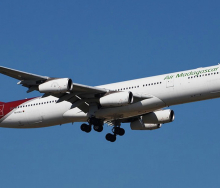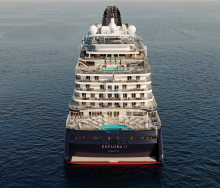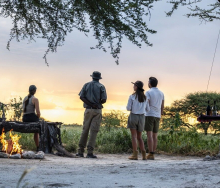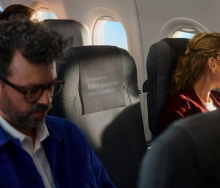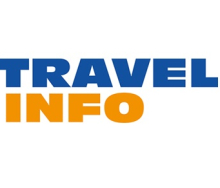This story has been corrected. In the tenth paragraph, the monetary figure was changed from R29bn to R26,9bn. Ed.
During a recent Scopa meeting, the content of which has been published by the Parliamentary Monitoring Group, attendees raised questions about who was accountable for Mango, Air Chefs and SAA Technical, when the Business Rescue Practitioners (BRPs) had made it clear that they were not responsible. “What legal authority do the BRPs have to intervene in the business of Mango, SAA Technical and Air Chefs when they are not in business rescue?” was one of the questions.
According to a source within SAA, this is the reason that the BRPs are still sitting on the R1,5bn that they received from the government more than a week ago, despite urgent calls from employees for their salaries to be paid. The source claims that the DPE has specified that a portion of the R1,5bn must be paid across to SAA’s subsidiaries, but the BRPs argue that the subsidiaries have never been in business rescue, do not fall under their jurisdiction, have not had funds allocated to them in the approved plan, and are not legally due to be prioritised for payments, which must follow a particular, strict order for entities in business rescue.
Spokesperson for the BRPs, Louise Brugman, would only confirm to Travel News that the BRPs were unable to utilise the R1,5bn until the conditions for disbursement had been amended by the DPE to be in line with the Labour Relations Act and Chapter Six of the Companies Act.
It is also clear from the Scopa meeting notes that the DPE wants funding to be allocated to these subsidiaries. The notes from the council’s recent meeting detail that R2,7bn of the R10,5bn is expected to be allocated to recapitalisation of subsidiaries, R2bn to working capital, R2,2bn to un-flown tickets, R2,8bn to employee payments and R0,8bn to post-commencement financing (PCF) creditor repayments.
The notes also quote Minister of Public Enterprises, Pravin Gordhan, explaining that SAA’s board had always been responsible for the subsidiaries and that the (newly appointed) interim board would now take on this responsibility and would guide the SAA group through this next period.
“Part of the R2bn that has been made reference to, as working capital, is designed to support interim flying, some of which Mango is undertaking at the moment. In a commercial sense it is important to retain as much of the market share as possible. The delays in getting the right amount of funding into the restructuring process has cost SAA market share. The incoming executive and board are therefore going to have a difficult task in broadening the market share. The department is confident that, with the right skills, SAA will be able to manoeuvre itself in the current environment,” said the Minister.
Are the subsidiaries included in the approved business rescue plan?
SAA’s subsidiaries are, in fact, listed on many occasions in the approved SAA Business Rescue Plan. The plan outlines that R2,15bn is required to recapitalise and restructure them. Section 14.6.10 of the plan states that SAA’s business rescue had various consequences on these subsidiaries and that various intragroup transactions were required “both for the successful Business Rescue of SAA and in order to sustain the financial viability of the Subsidiaries”.
The Business Plan adds that the process to fund and recapitalise the subsidiaries would be as follows: “The capitalisation of SAA Technical, Air Chefs and Mango, through subscription by SAA, of ordinary shares in these entities, to ensure financial stability post the implementation of the Business Rescue Plan.”
The plan outlines that Mango requires approximately R1bn for its recapitalisation due to its challenging financial position and liquidity. Air Chefs is said to require R150m for its recapitalisation, while SAA Technical will require another R1bn.
Independent business rescue practitioner and aviation economist, Dr Joachim Vermooten, said although SAA’s subsidiaries’ recapitalisation needs had been detailed in the business rescue plan, the approximate R26,9bn that the BRPs had outlined that they needed, made no provision for funding of these subsidiaries. This recapitalisation was also not recognised as a liability that the creditors needed to vote on, he said.
“It is clear that these entities are not under business rescue. If government wants to give them funding they should follow a separate process for this,” he added.
Mango appears to remain completely in the dark about the matter, however. When asked if any of SAA’s business rescue funding would be allocated to the LCC, Mango’s hod: marketing and communications, Benediction Zubane, told Travel News that the airline was not in business rescue and therefore questions should be redirected to the SAA BRPs.
“We are yet to receive any written or verbal communication on this matter as it relates to the SAA BRPs and is within their ambit,” added Benediction when asked how Mango would be spending SAA business rescue funding.
“We have seen media reports alleging that the DPE is doing this to funnel money from SAA to its subsidiaries. If these claims are true, then it is unlawful and we reject it with contempt. The R1,5bn which was allocated to SAA is only enough to pay SAA employees’ salaries in full and this includes all outstanding claims, and all monies must be paid to them,” responded Numsa.
